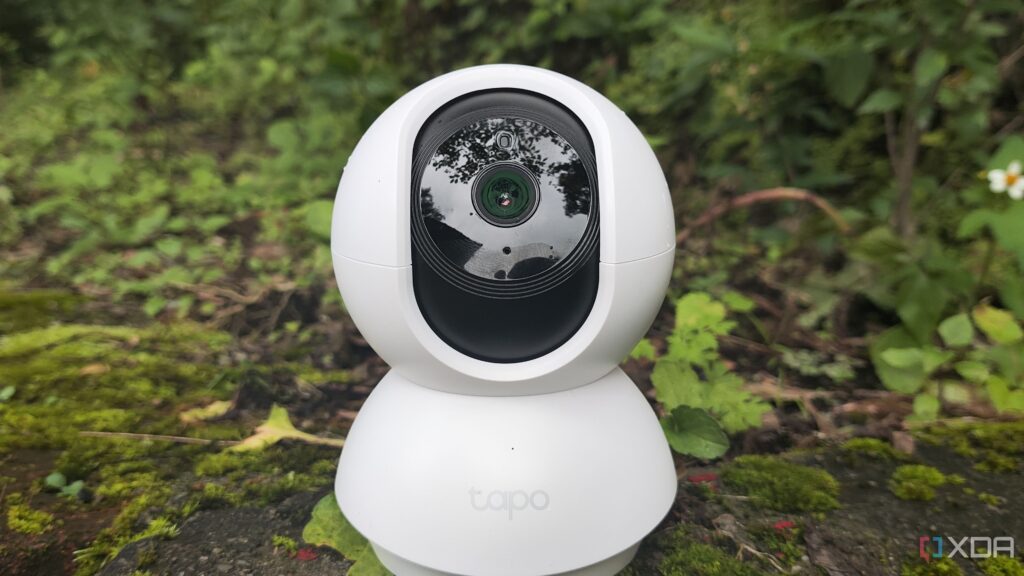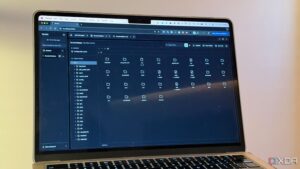
URGENT UPDATE: A surge in demand for self-hosted Network Video Recorders (NVRs) is transforming home security, offering users privacy and cost-saving solutions. As of today, tech enthusiasts are turning away from costly cloud storage options, with setups available for under $100.
Surveillance cameras are essential for bolstering home security, yet the associated costs of dedicated NVRs and cloud storage fees can escalate quickly. A growing number of homeowners are opting for self-hosted systems to avoid ongoing subscription fees and privacy concerns linked to third-party storage solutions.
Latest reports indicate that platforms like Frigate are leading the charge, enabling users to record and stream footage in real-time while maintaining complete control over their data. This shift is crucial—especially given the recent privacy scandals surrounding major tech companies.
For those looking to establish a reliable NVR setup, Frigate stands out. Compatible with a variety of devices, including the Raspberry Pi, Frigate offers advanced features such as AI-powered motion tracking and facial recognition. Users can even enhance performance with a Coral Edge TPU, ensuring optimal machine learning capabilities.
One tech enthusiast recently deployed Frigate on a budget-friendly NAS after successful runs on a Raspberry Pi 5. The convenience of storing footage locally on a NAS, particularly using systems like TrueNAS, is a game changer for users concerned about digital privacy.
Installing Frigate is straightforward, especially for those using TrueNAS, where it can be accessed through the built-in App Store. Raspberry Pi users will need to craft a docker-compose.yml file, following guidelines from the official Frigate website for quick setup.
The growing popularity of self-hosted NVRs reflects a broader trend towards increased privacy and control in home security systems. By implementing retention policies, users can efficiently manage data storage, avoiding the pitfalls of excessive footage accumulation.
Frigate also integrates seamlessly with Home Assistant, allowing users to automate notifications and monitor their security systems directly from a centralized dashboard. This integration opens a new world of automation possibilities—users can create alerts for specific camera zones, enhancing security measures and providing peace of mind.
As this trend continues to gain momentum, homeowners are urged to consider the advantages of self-hosting their surveillance systems. With privacy concerns at an all-time high, the choice to self-host an NVR not only saves money but also ensures that personal security footage remains private and secure.
Stay tuned for more updates as this developing story unfolds, and discover how self-hosted NVR solutions are reshaping the landscape of home security. For those interested in securing their homes, the time to act is now. Share this article with others looking to enhance their home security with privacy-focused solutions!





